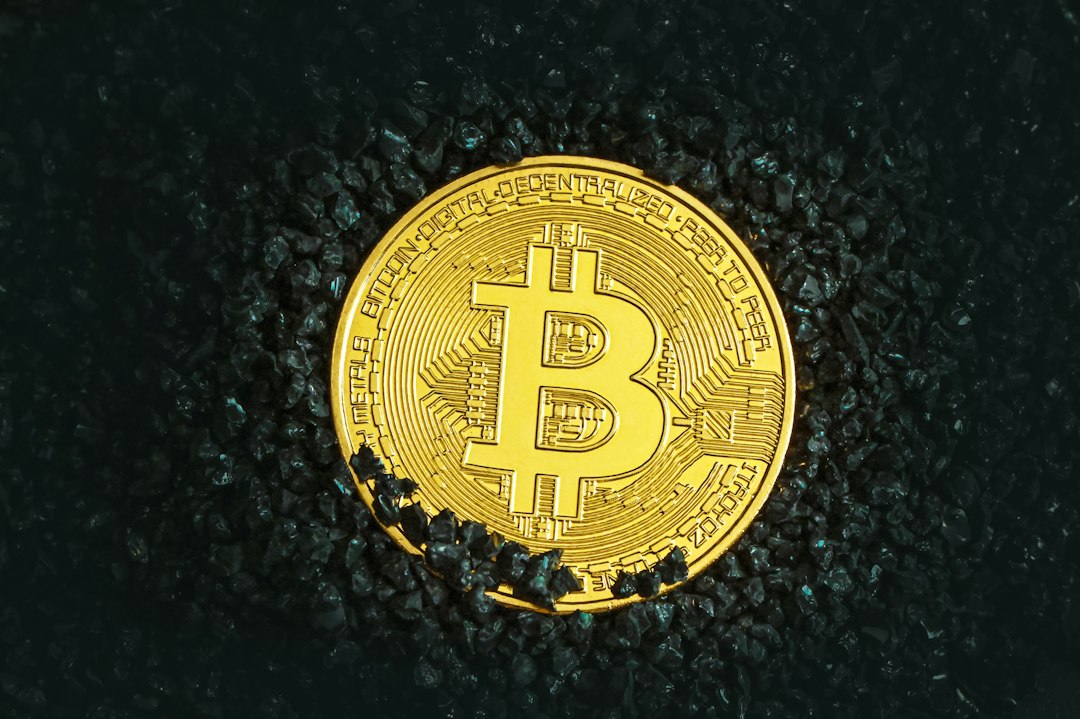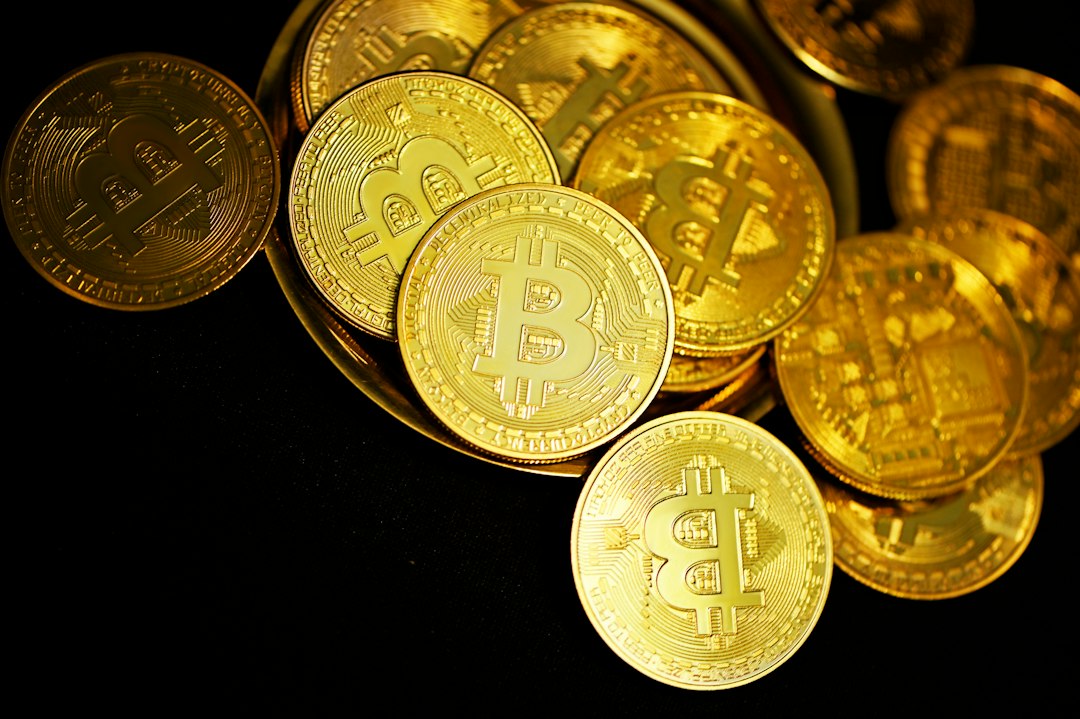Ethereum’s Cancun-Deneb Upgrade to Begin Testing on January 17
Ethereum’s upcoming upgrade, known as “Cancun-Deneb” or “Dencun,” will commence testing on January 17, according to an official note published on the Ethereum Github repository.
The Ethereum developers have confirmed their progress towards launching a Goerli shadow fork for testing the Cancun/Deneb upgrade with all clients. This testing phase is expected to start within the next one to two weeks.
The initial testing will take place on the Goerli testnet, followed by implementation on the Sepolia testnet and the Holesky testnet.
The Cancun/Deneb upgrade is currently being tested on Devnet 12, where all execution layer (EL) and consensus layer (CL) client combinations have been integrated. The MEV-Boost software has been activated for most client combinations, except those involving the Prysm client.
A shadow fork is being introduced as part of the testing process to focus on specific improvements before implementing the Dencun upgrade on the main protocol.
The Ethereum team has not specified when Dencun will be deployed on the mainnet, but it includes tools to reduce fees, enable new features for bridges and staking pools, and limit self-destruct operations on smart contracts.
After testing, the changes are expected to be distributed on the mainnet around the end of February.
Ethereum’s Deneb-Cancun Upgrade Introduces Proto-Danksharding for Enhanced Scalability and Reduced Transaction Costs on Layer 2 Networks
The upcoming Ethereum upgrade will bring changes to the execution layer and consensus layer of Ethereum, collectively forming the Deneb-Cancun upgrade.
A key feature of this upgrade is Ethereum Improvement Proposal 4844 (EIP-4844), also known as proto-danksharding, which aims to enhance Ethereum’s scalability beyond the capabilities of Layer 2 solutions.
EIP-4844 enables Ethereum nodes to temporarily store and retrieve off-chain data, addressing the storage requirements of blockchain applications. It is expected to reduce transaction costs on Layer 2 rollup solutions like Optimism and Arbitrum.
Another proposal in the Dencun upgrade is EIP-1153, introducing a “transient storage” system to further reduce fees. EIP-4788 enhances transparency by storing the root of each Beacon chain block in a smart contract for applications to query.
Concerns Arise Over Potential Delay in Ethereum’s Dencun Upgrade Deployment on Mainnet
In a recent Ethereum consensus-layer meeting, concerns were raised about the potential delay in deploying the Dencun upgrade on the mainnet. The absence of the upgrade on public testnets was highlighted as a cause for concern.
The readiness of the software code, testing across Ethereum’s execution and consensus layers, and the preparedness of multiple client teams are critical factors for Dencun’s mainnet deployment. The upgrade work is currently in the devnet phase.
Dencun would be the first major update since Shapella, which allowed for ether withdrawals in staking. Ethereum upgrades typically undergo several months of testing before being deployed to the mainnet.
Hot Take: Ethereum’s Upcoming Upgrade ‘Cancun-Deneb’ Brings Promising Enhancements
Ethereum’s upcoming upgrade, Cancun-Deneb or Dencun, promises significant improvements to scalability, reduced transaction costs on Layer 2 networks, and enhanced features for bridges and staking pools. The introduction of proto-danksharding through EIP-4844 is a key feature that will enable Ethereum nodes to store and retrieve off-chain data, paving the way for greater scalability. Additionally, proposals like EIP-1153 and EIP-4788 aim to reduce fees and enhance transparency in the Ethereum ecosystem. However, concerns have been raised about the potential delay in deploying the Dencun upgrade on the mainnet, highlighting the importance of thorough testing and readiness across all layers of the Ethereum protocol. Overall, the Cancun-Deneb upgrade holds promise for a more efficient and scalable Ethereum network.





 By
By
 By
By
 By
By
 By
By
 By
By